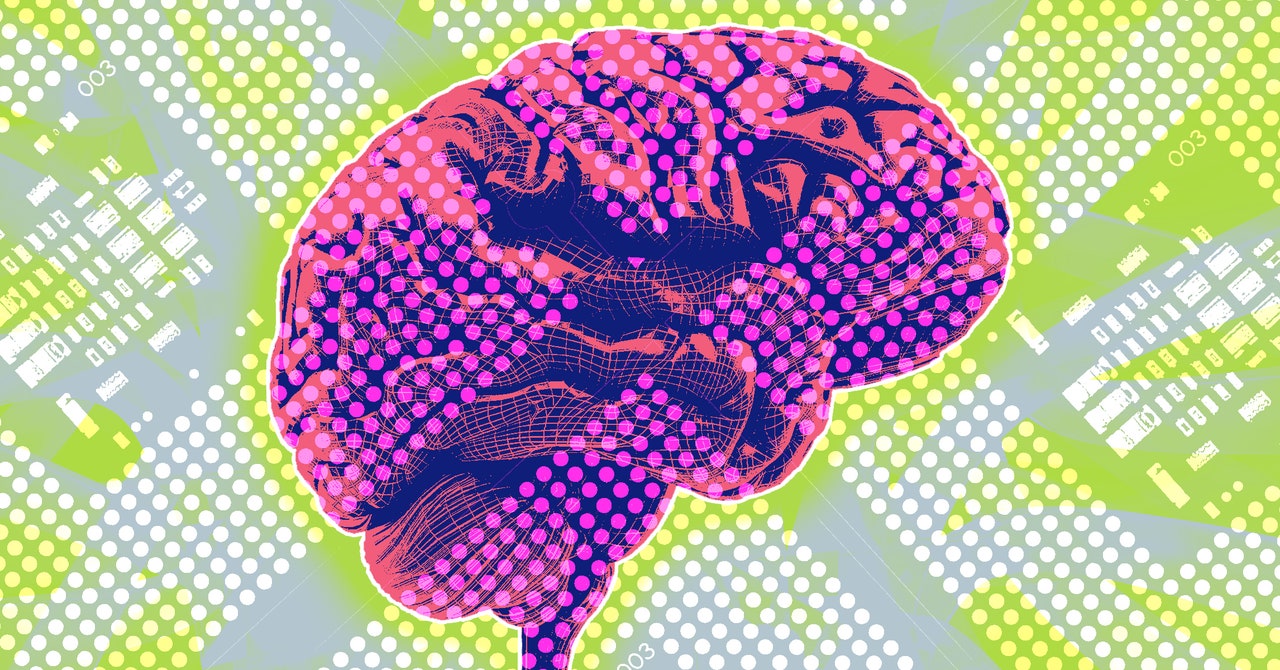- cross-posted to:
- health
- technology
- cross-posted to:
- health
- technology
In September, Elon Musk’s brain-implant company Neuralink announced the much-anticipated news that it would start recruiting volunteers for a clinical trial to test its device. Known as a brain-computer interface, or BCI, it collects electrical activity from neurons and interprets those signals into commands to control an external device. While Musk has said he ultimately wants to merge humans with artificial intelligence, Neuralink’s initial aim is to enable paralyzed people to control a cursor or keyboard with just their thoughts.
Rival efforts to connect people’s brains to computers are also moving forward. This year, Neuralink competitor Synchron demonstrated the long-term safety of its implant in patients. Other startups tested novel devices in human subjects, while new ventures came on the scene.
“It can definitely feel like a breakout year, but in fact it’s the result of decades of work in academia,” says Sumner Norman, a visiting researcher at the California Institute of Technology who’s also the cofounder and CEO of Forest Neurotech, which launched in October. “I think we’re really just starting to feel the effects of that exponential growth.”
The origins of BCIs stretch back to the 1960s and 1970s, when the first ones were tested on lab animals. As researchers began to understand the brain better, these systems evolved to be more sophisticated, allowing paralyzed people to move robotic arms, play video games, and communicate with their minds. Once a largely academic pursuit, BCIs are now of interest to a growing cadre of companies that have emerged since Neuralink’s founding in 2016.



Once they get all the kinks worked out, I’m ready.
Yup, about 20 years from now, and it will need to be an open source version with ad-block.